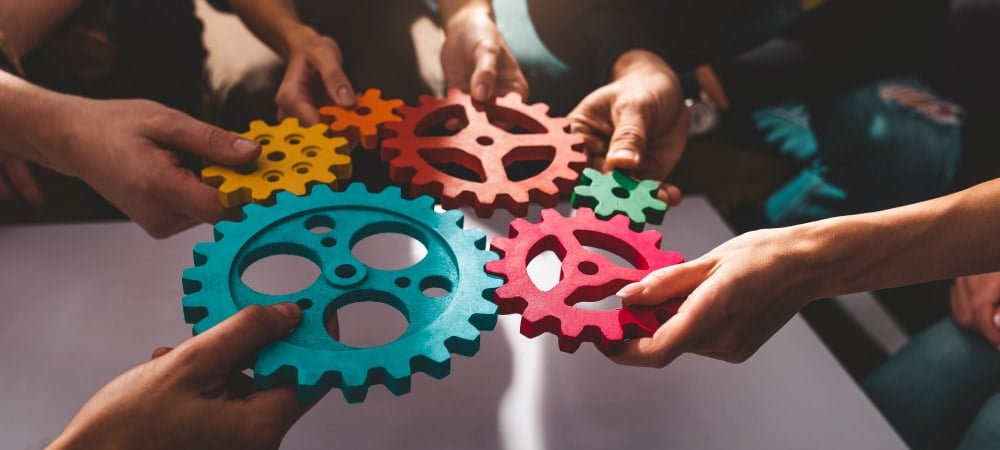Into S/4 Without Pre-Projects

Many SAP customers still have the transformation to SAP S/4 Hana ahead of them. In the meantime, they are investing a lot of time and money into pre-projects to facilitate the transition. These include, in particular, projects for archiving and data cleansing, as well as the introduction of the Hana database and the new SAP general ledger, but also the adaptation of previous customer and supplier data to the structure of the new Business Partner (BP) business object.
The blind spot
As justified as the pre-projects may be on their own, they all ignore a fundamental problem: what should companies do with the legacy data and systems once the transformation is complete? This is the blind spot that essentially questions the benefits of these projects. It almost seems as if many SAP customers have resigned themselves to continuing to operate their legacy systems after moving to the S/4 world and storing their legacy data in archives. Notably, the structure of some of their data cannot be changed for decades due to legal reasons. However, the latter means that the legacy systems must also continue running for that long, as they are needed to access and display the archived data.
This means considerable additional operating costs in the medium and long term. In addition, legacy systems eventually reach a point where they can no longer be maintained or patched—much to the delight of cyber criminals and spies. Finally, many legacy systems are already unable to fulfil the requirements of current data protection regulations, which can lead to an incalculable legal risk in the long term. Furthermore, in this scenario, SAP users are largely or completely denied direct access to legacy data. This poses a non-negligible risk to productivity and quality assurance in the company.
Transformation without legacy
SAP customers should allthus choose a radically new approach that not only eliminates this blind spot, but also renders the supposedly necessary pre-projects redundant. This approach consists of managing the entire lifecycle of legacy data, until its final and legally compliant deletion, separately—i.e. detached from the legacy systems and applications—and synchronizing it with the lifecycle management of the target applications and systems of an SAP S/4 Hana landscape. This requires a platform on which all legacy data from SAP and non-SAP systems can be stored and deleted in a legally compliant manner, but which also offers options for further data processing, such as reduction, selection, optimization, and transformation via the SAP Migration Cockpit and the application layer. A platform that is integrated with S/4 and automatically adapts legacy data on the fly to the new data structures, such as those of the BP business object, and displays them in SAP Fiori and SAP GUI as if they had been created in S/4. This process, known as technical structure mapping, also allows current transactional data to be synchronized with historical data and, for example, completed and open orders to be displayed in full in SAP S/4 Hana. Additionally, it requires a platform that records and stores all the metadata on that will be replaced, on the SAP and non-SAP landscape, in a transformation cockpit at the push of a button, documents each project step, and knows which legacy system the companies can decommission and dispose of. Another requirement is a platform that can share this knowledge in an aggregated form with enterprise architecture tools and application lifecycle management (ALM) solutions and provides the necessary integration capability. And lastly, the situation necessitates a platform that extracts all legacy data from ERP systems, ADK archives, and document management systems (DMS) via the application layer at the push of a button and in turbo mode.
This kind of platform offers three main advantages to SAP customers.Firstly, it analyzes and manages the complete lifecycle of all legacy data. Secondly, it offers all the necessary functionalities for legally compliant storage and analysis, quality optimization, and selective transformation and migration of this data to S/4. Thirdly, it solves the problem of legacy applications and systems once and for all and turns every brownfield project into a greenfield project. The platform that makes this possible and—in conjunction with the One Click Transformation Cockpit JiVS OCC—reveals the potential for data optimization, even in the earliest project phases, is called JiVS IMP.





